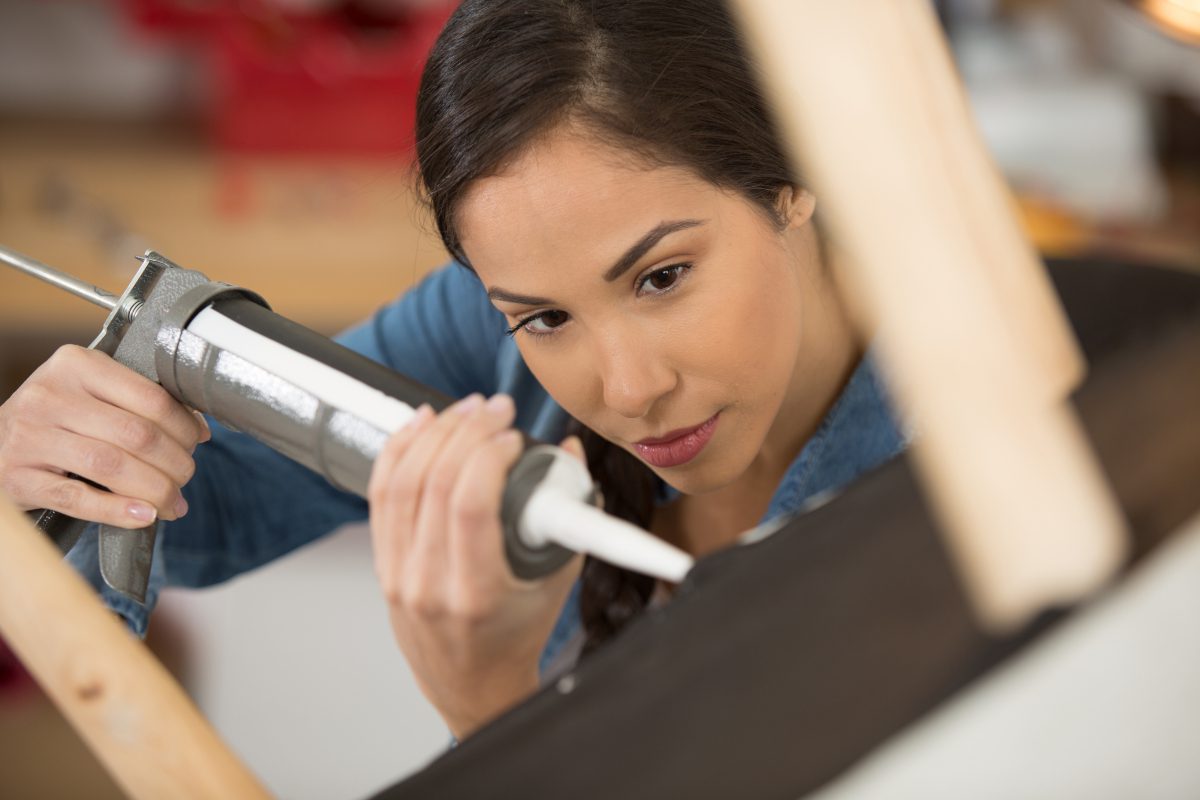
A brand-new adhesive stemmed from products consisting of food waste need to make it possible for 90 percent of crafted wood items, such as furnishings and building boards, to end up being completely recyclable and assist to establish a circular economy in this sector, states the company marketing it.
The toxicity of the formaldehyde adhesives traditionally utilized here has limited wood furnishings’s capacity for recycling and incineration, with the majority of building panels and furnishings made from crafted wood winding up in land fill. The brand-new adhesive is declared to be sustainable and non-toxic.
” Our glue is morally sourced, has end-of-life biodegradability and has actually residential or commercial properties fit to changing standard formaldehyde adhesives,” states Callum Smith, among the creators of the company behind it, BindEthics, and likewise a trainee at the University of Birmingham. “In addition to being completely recyclable the glue can be produced with nearly no extra expense to the producer and has a carbon footprint that is 86 percent lower than standard adhesives.”
The group state they initially checked out the possibility of a base formula for an adhesive obtained completely from waste in 2021. This consisted of the filtration of commercial food waste by cleaning, purification and centrifugation. High protein material and polysaccharides add to binding while other natural crosslinkers and bioderived solvents exist in the formula. In 2022 initial trials carried out at the Biorenewables Advancement Centre (BDC) in York were supported by analytical speculative research studies making it possible for the advancement of the very first minimum practical item.
BindEthics state they are presently dealing with among the 3 biggest crafted wood business in the UK and among the UK’s biggest product packaging business for technical insight. The business has numerous Letters of Intent from pertinent partners consisting of a European supplier.
” Our next action is to determine and perform additional business trials with business which are presently utilizing poisonous and artificial adhesives,” stated Callum Smith. “A specific chance is with the corrugated board market which is trying to find options to their starch-based adhesives which utilize borates, poisonous compounds imported into the UK. We are presently recognizing business utilizing these starch-based adhesives, who want to reduce their ecological effect, so they can trial our item.”
The group has actually gotten business, scale-up and lab-based assistance from the Biorenewables Advancement Centre in York under their European Regional Advancement Program organization help plan and Innovate UK. In addition, it is getting network gain access to, organization area and financial assistance from the University of Birmingham and Innovate UK which assist speed up the development.
The particle board market in the UK alone presently utilizes 1000 heaps each day of urea-formaldehyde adhesive valued at ⤠388 million every year. Worldwide, the worth of the urea-formaldehyde market is ⤠9.5 billion.
” BindEthics is demonstrating how research study and development has the possible to enhance the recyclability of contemporary furnishings and building panels,” stated Julian Beare, Chairman of the Armourers and Brasiers Endeavor Reward evaluating panel. “Our reward seeks to motivate clinical entrepreneurship in the UK and supply financing to assist ingenious advancements like this understand their capacity.”
” Our vision is that our brand-new bio-adhesive stemmed from food waste will change a variety of adhesives utilized throughout market,” stated Callum Smith. “The preliminary focus is on changing the formaldehyde-based glues utilized in the manufacture of crafted wood items, however we likewise imagine applications for our sustainable adhesive within the shoe and vehicle markets.”
An ingenious brand-new adhesive, stemmed from cleansed and fine-tuned commercial bio-waste, need to make it possible for 90 percent of crafted wood items, such as furnishings and building boards, to end up being completely recyclable and assisting to establish a sustainable circular economy in this sector.